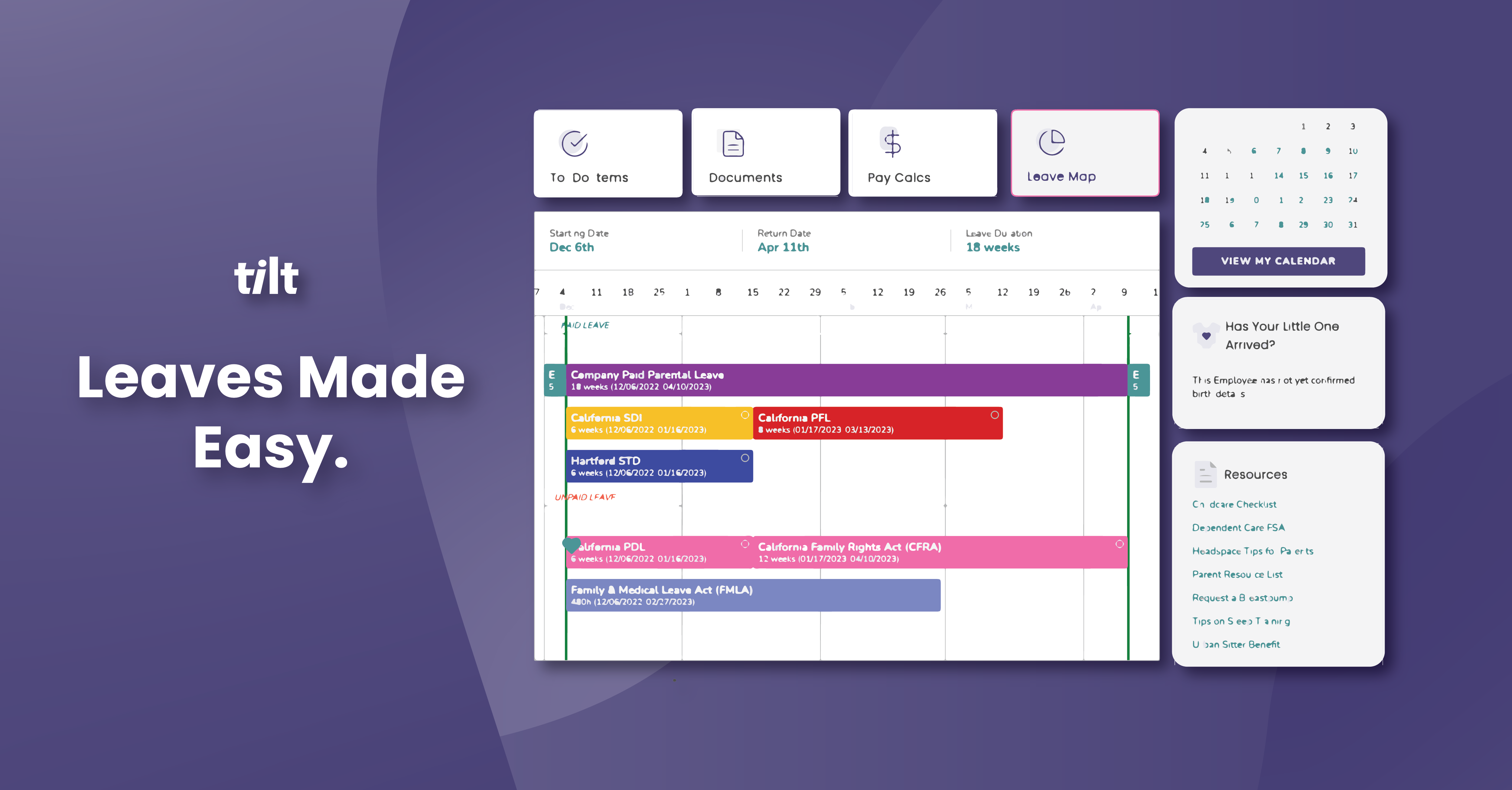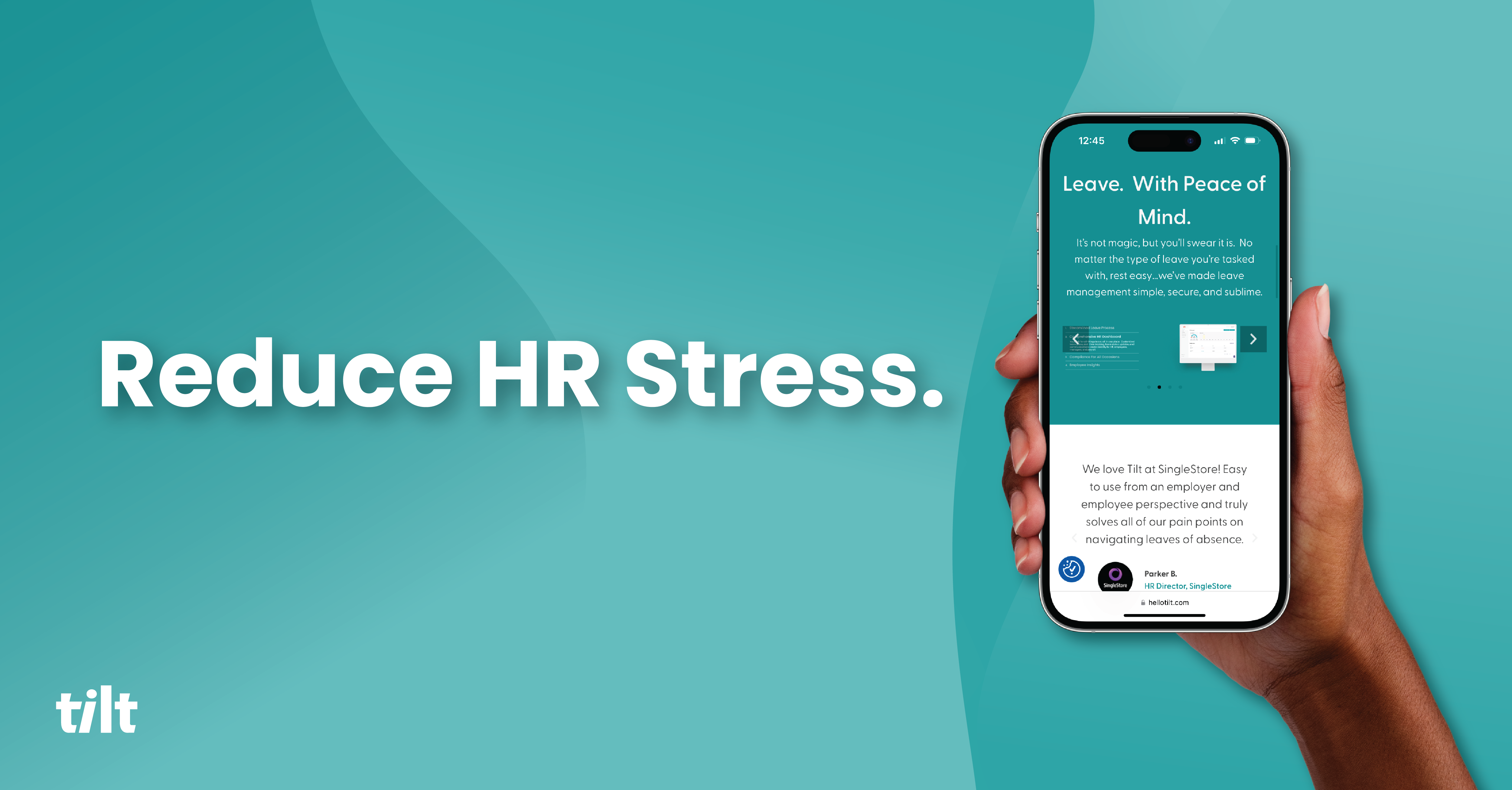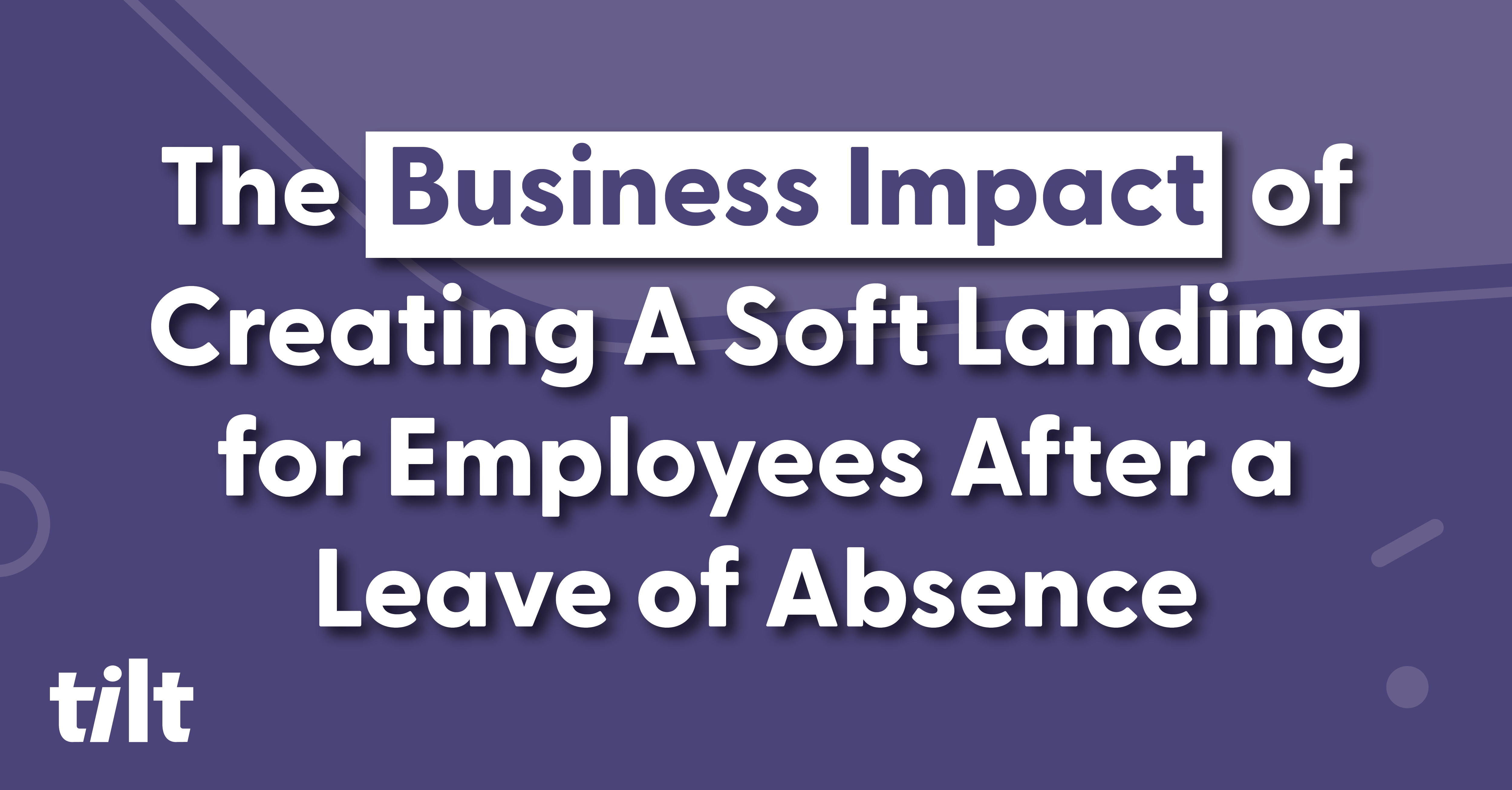Achieving a high level of employee satisfaction can feel like trying to grip a puddle of water. It’s the always-evolving moving target that is critical to talent attraction and employee retention. There are many factors that affect employee satisfaction, primarily because what makes one employee feel satisfied won’t necessarily make everyone feel the same way.
Giving credence to the 10 factors below, however, can increase the likelihood that your people will feel valued, engaged and passionate coming to work and dedicating their precious hours to your organization’s charge.
We even came up with a catchy acronym for them. The “C.A.R.E.S. A.B.O.V.E.” factors. You’re welcome. So without further ado let’s get into ‘em.
1) C.ompensation
Let’s get the obvious one out of the way, compensation has a significant effect on employee satisfaction, but it’s not the overriding factor that it once was and it’s not the end all be all when it comes to employee satisfaction. In particular the salary portion of compensation, though important, won’t guarantee high employee satisfaction alone.
Employees now factor in the comprehensive suite of benefits an employer provides such as insurance quality and coverage, retirement matching and allotted personal time off whether that’s to take care of a pregnancy, an illness, or to improve mental health.
2) A.tmosphere
We vibing? We vibing. Office atmosphere isn’t just about break room accoutrements or relaxed dress codes. The freedom and ability for an employee to feel comfortable, relaxed and able to be their true selves has a tangible effect on employee satisfaction. The flip side of that is an atmosphere where scrutiny and conformity is the natural state of things.
There is a positive relationship between the workplace environment and employee satisfaction. If an employee feels they work in an atmosphere where they don’t feel safe or supported to have fun and/or express themselves, satisfaction will take a noticeable hit. This is one reason why there has been such a large emphasis on inclusivity in the workplace. Creating an atmosphere where employees are celebrated for being themselves can do wonders for satisfaction.
3) R.esources
Ensuring your employees are properly resourced goes beyond making sure they get a standard-issue company laptop and logo-adorned backpack when onboarded. The question to ask is do they have access to the tools, software, HR support, and mentorship to get the job done and know where to go for answers? Sometimes it’s just knowing if they need a new resource then their employer has their back. When employees have the resources at their disposal to succeed they’ll feel more engaged and excited about the work they’re doing.
4) E.mpathy
Gone are the days where employers can view their people as an endless reservoir of work output, viewing them more as an asset than a human. Employees aren’t putting up with that mentality anymore, and their demands to be treated as a human with a life outside of work aren’t quieting down. How does an employer respond when an employee needs to take time off work to care for a sick relative? How does an employer respond when an employee who has gone above and beyond needs to recharge his or her mind, body and spirit?
Anything less than a fully empathetic mindset breeds resentment for the hard work your people are putting in. What’s an effective way to show empathy? Well according to Forbes, “Over 90% of employees reported that mental health benefits are one of the biggest demonstrations of empathy.” Treating your people like humans when they need it most has a dramatically positive impact on their satisfaction.
5) S.uccess
While the success of a company is often times out of an individual’s control, employees working for a company that is rising tend to have higher satisfaction in their work than those working for a company that is sinking. Seems fairly obvious, but the key factor in employee satisfaction is in how an employer communicates the ebbs and flows. When a company is thriving, it’s critical to convey just how vital the work of the employees are to that success. Ideally an employee feels like they are contributing to success without the specific call out.
There’s a bit of a chicken and egg at play when it comes to company success, as having satisfied employees often leads to company success, therefore perpetuating the satisfied and successful momentum companies strive for.
If you aren’t connecting those dots in your organization today, it’s likely your employees are feeling they aren’t making a difference when times are good, and they’ll be less motivated to help a company out of a lull.
6) A.utonomy
Feel that? Ahhh yes, nothing like the cold, suffocating embrace of micromanagement to get us going in the morning. Autonomy comes down to trust, and if you’re hiring wisely and giving your employees the resources, atmosphere and compensation to be successful at their job, letting them do the job in the way that works best for them can increase employee satisfaction in a major way. Emphasizing workplace autonomy tells your employees that you embrace the concept that not everyone’s the same, and that trust is given to everyone based on the notion that they will get the job done.
7) B.alance
“Work-life balance;” a phrase used with such frequency that the real meaning of it has turned into a vague set of concepts and feelings that can make it tricky to get right. At the root of it, being able to balance work and life goes beyond the days a year of paid time off, or even having unlimited time off. An employee is more likely to feel satisfied when the effort and time an employer requires from them is given equal weight within the organization to the importance of living their life outside of work.
Offering unlimited PTO in an organization whose atmosphere is such that it’s frowned upon to ever take it is not offering a positive work-life balance and will not positively affect employee satisfaction.
8) O.pportunities
Stagnation often plays the foil to employee satisfaction and it can be difficult to identify when it’s happening. Even for employees who love the role they’re in and aren’t looking for opportunities to “climb,” they’ll be looking for opportunities to expand their skills and impact in their role and feel like they’re improving to impact the organization in new and exciting ways.. Providing opportunities for employees to advance in their career or grow within the role they love is more than just laying out a roadmap of where they can see themselves in five years, it’s about having open and honest conversations about what opportunities your people are looking for.
Furthermore, humans change. Their needs change. Their goals change. Expecting an employee to want the same opportunities five years from now as they do today is a misstep. Encourage managers to have frequent conversations around the opportunities your employees are looking for, and give them the resources and support they need to make them a reality and you’ll see satisfaction soar.
9) V.ariety
They don’t call it the spice of life for nothing. There’s a misnomer that the hours employees spend working are somehow different from other hours where they’re living their life, so in the same vein where someone would look for variety in their lives outside of office hours, they’re also craving variety while they work.
Adding variety to an employee’s tasks, responsibilities and tools at their disposal makes for their day-to-day more interesting, staves off stagnation, and keeps their minds fresh and sharp. When our minds feel satisfied, we feel satisfied, so ensure your people are getting the variety they need to be challenged and fulfilled.
10) E.mpowerment
Are your employees being heard? Are they encouraged to share their ideas in a safe and supported environment? Leadership plays an important role in influencing whether new ideas are welcomed with dismissal or acceptance, and the failure to empower employees to share their ideas can quickly lead to disinterest and a dwindling of work satisfaction. People who are truly empowered feel supported by their managers and secure when making decisions.
Be an employer who C.A.R.E.S. A.B.O.V.E. the rest by identifying which of the 10 factors you might be neglecting within your organization. The goal of your organization should be to make progress in this area, and to not let the pursuit of perfection get in the way of incremental improvements.
About Tilt
Tilt is leading the charge in all things leave of absence management through easy-to-use tech and human touch. Since 2017, our proprietary platform and Empathy Warriors have been helping customers make leave not suck by eliminating administrative burdens, keeping companies compliant, and providing a truly positive and supportive leave of absence experience for their people.







